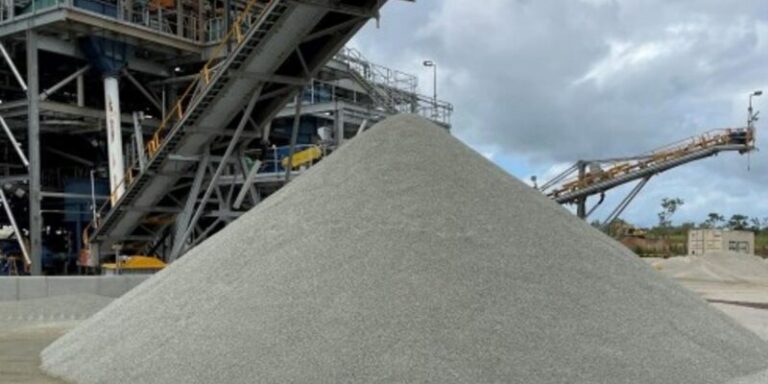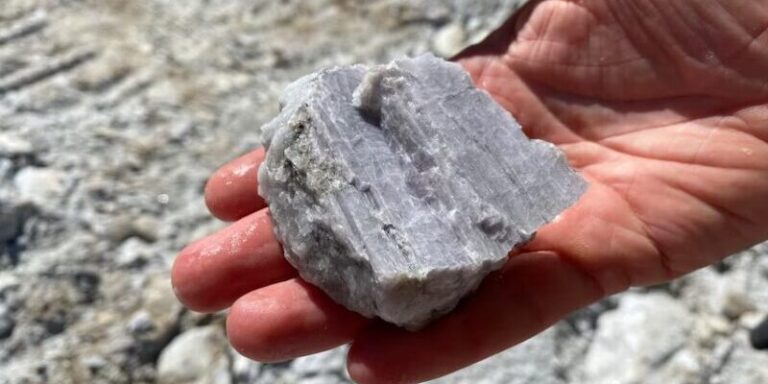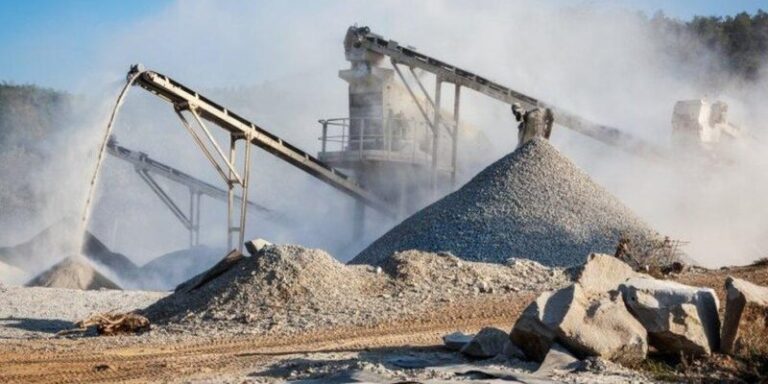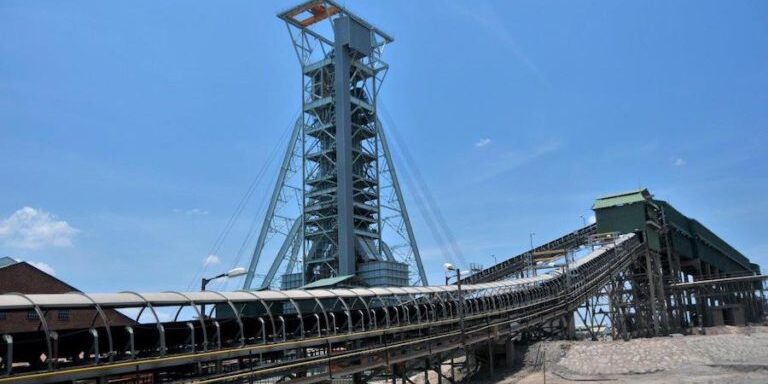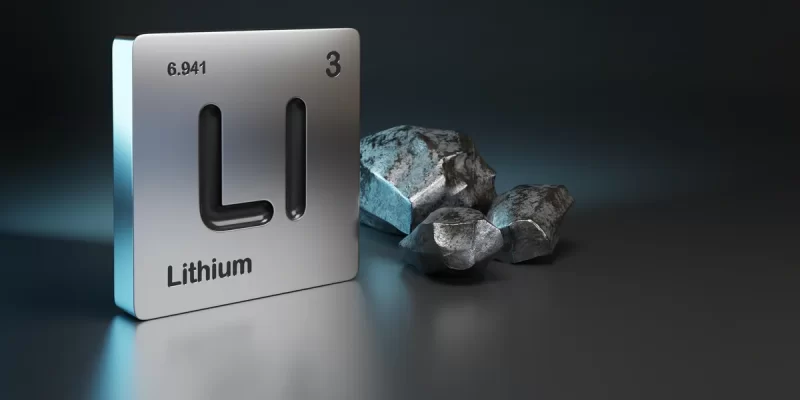
China’s early move to tap new centers of lithium supply across Africa is reaping rewards, helping the top electric-vehicle battery producer navigate a tight market for the key metal.
Spurred by a flurry of investment from Chinese companies, mines across the continent are forecast to increase production of lithium raw materials more than 30-fold from last year’s volume by 2027, according to S&P Global Commodity Insights.
Africa will account for 12% of global supply by then, compared with 1% in 2022.
Diversifying supply sources will boost China’s efforts to defend its dominance in EV metals processing transforming raw materials like lithium, nickel and cobalt into chemicals used in battery components.
while the US ratchets up efforts to build out its own supply networks with free-trade partners and allies like Canada and Australia.
“It is a sure thing that Africa will play an important role for China,” particularly as an alternative source of raw materials to Australia, currently the top supplier and where exports could be constrained as domestic refineries come online, said Peng Xu, a Beijing-based analyst for BloombergNEF.
Mali, the Democratic Republic of Congo and Zimbabwe could all join the ranks of top mined-lithium producers by the end of the decade, according to BNEF data.
A first shipment of lithium concentrate reached Zhejiang Huayou Cobalt Co. last month from a Zimbabwe project, while Chengxin Lithium Group Co. said its Sabi Star lithium mine started production in the country.
Ganfeng Lithium Group Co. has invested in the Goulamina mine in Mali, while Contemporary Amperex Technology Co. has a unit that’s backed a project in the DRC. Sichuan Yahua Industrial Group Co. has a stake in a project in Ethiopia.
“Chinese investment in Africa is definitely the largest source of capital for battery material supply in recent years,” said Martin Jackson, London-based head of battery raw materials at CRU Group.
Investments in new regions are crucial for China’s supply chain to keep up with demand from its manufacturers, he said.
China’s battery producers, led by CATL and BYD Co., topped 1 terawatt-hours of production capacity in 2022 and are continuing to expand, BNEF said last month.
The US is also examining options for raw materials supply from Africa, but so far has only a few tentative plans, including preliminary cooperation agreements with the DRC and Zambia, said Alice Yu, a metals and mining analyst at S&P Global Commodity Insights. “It will also take greater scrutiny for Africa to be included as a trade deal-friendly supplier,” she said.
Global supply of lithium raw materials is forecast to jump 35% this year, with about half that total coming from entirely new operations, BNEF said in a June 30 report.
The market for lithium resources will remain tight this year and in 2024, though it’s expected to ease from 2025 as more projects are commissioned, including across Africa and in Canada.
Still, nations in Africa are likely to follow other countries in seeking to keep more revenue from lithium supplies at home by adding processing or refining plants that can raise the value of exports.
Zimbabwe and Namibia have recently introduced measures to discourage or prohibit exports of raw lithium ore.
Morocco, which has a free trade agreement with the US, is already emerging as a potential hub for EV battery production, with advantages including its proximity to Europe and an abundance of phosphate needed in lithium iron phosphate, or LFP, cells.
The nation’s government earlier this year said Chinese battery manufacturer Gotion High-Tech Co. reached a preliminary deal to build Africa’s first major EV battery factory, which would have annual capacity of 100 gigawatts and require investment of €6 billion ($6.5 billion).
SOURCE:mining.com


